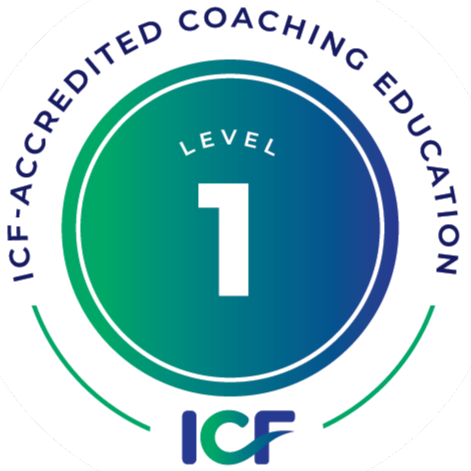
Do you find yourself on the thin line of wanting to be direct without crossing the line into being too directive where you risk offending, losing clients, customers, direct reports (and fail your coaching exam)? I want to simplify the process for you and partner with you to sharpen your direct communication edge to #unlockpotential and contribute to a more civil, peaceful and prosperous world, my reason for creating a 7 session course on this topic.
Just back from Ethiopia for a Leadership Coaching Summit, we found that female leaders there walk the same fine line as they do in my own US state. They may be asked or feel compelled to speak up more, yet are easily drowned out by male voices or even criticized for speaking up too much.
Our course is based on our acronym for being successfully DIRECT:
- Dealing with Uncertainty
- using Intuition
- Recognizing and managing Cultural Differences
- Expanding Perspectives
- Clear, “Compassionate Edge” Feedback
- Transforming through Metaphors
In our VUCA world we crave certainty. Yet besides the danger of moving to being too directive (decreasing ownership, results and impact), some confuse being direct with being rude (what is acceptable for one culture may be considered rude in another), which may result in losing clients, business, direct reports; with a negative effect on the bottom line.
Others may bully people and try to excuse it by calling it “direct”. Part of the International Coach Federation definition of Direct Communication (1 of the 11 Core Coaching Competencies) is “Uses language appropriate and respectful to the client,” which is the opposite of bullying and varies according to culture.
Cultural differences can include gender as mentioned and also generation, nationality, ethnicity, region, religion, etc.
As a Leadership Executive Coach, Trainer, Mentor Coach and Coaching Supervisor, I see the other coaches and leaders I work with struggling to find this balance between being too directive or too indirect. We know that the best results occur when our clients and/or direct reports come up with their own ideas and solutions rather than our telling them what to do. (This can work in personal relationships as well!)
“The coach creates sufficient space for the client to have equal or more communication time than the coach,” is one of the markers of Master Certified Coach (MCC) level Direct Communication. And it works for everyone-balance the amount of time you are communicating with allowing space and time for others to communicate. I notice a big difference in beginning (asking lots of questions) and more experienced coaches in this regard, and it was one of my reasons for creating the class.
Coaches, sign up now to master this competency for successful client and credentialing results, and leaders contact me to customize this program for your group.
You are in good hands-I am known as a clear, concise, culturally intelligent direct communicator sharpened by coaching United Nations and other global leaders and teams, serving on the ICF Global Board of Directors and mentoring, training and supervising coaches.




